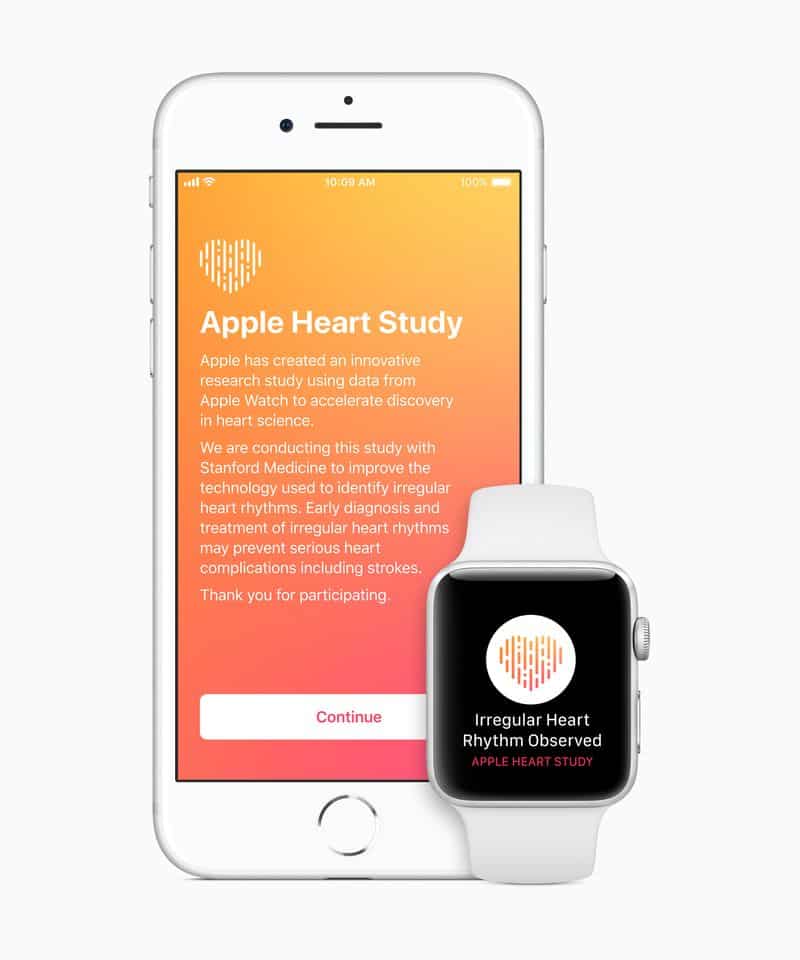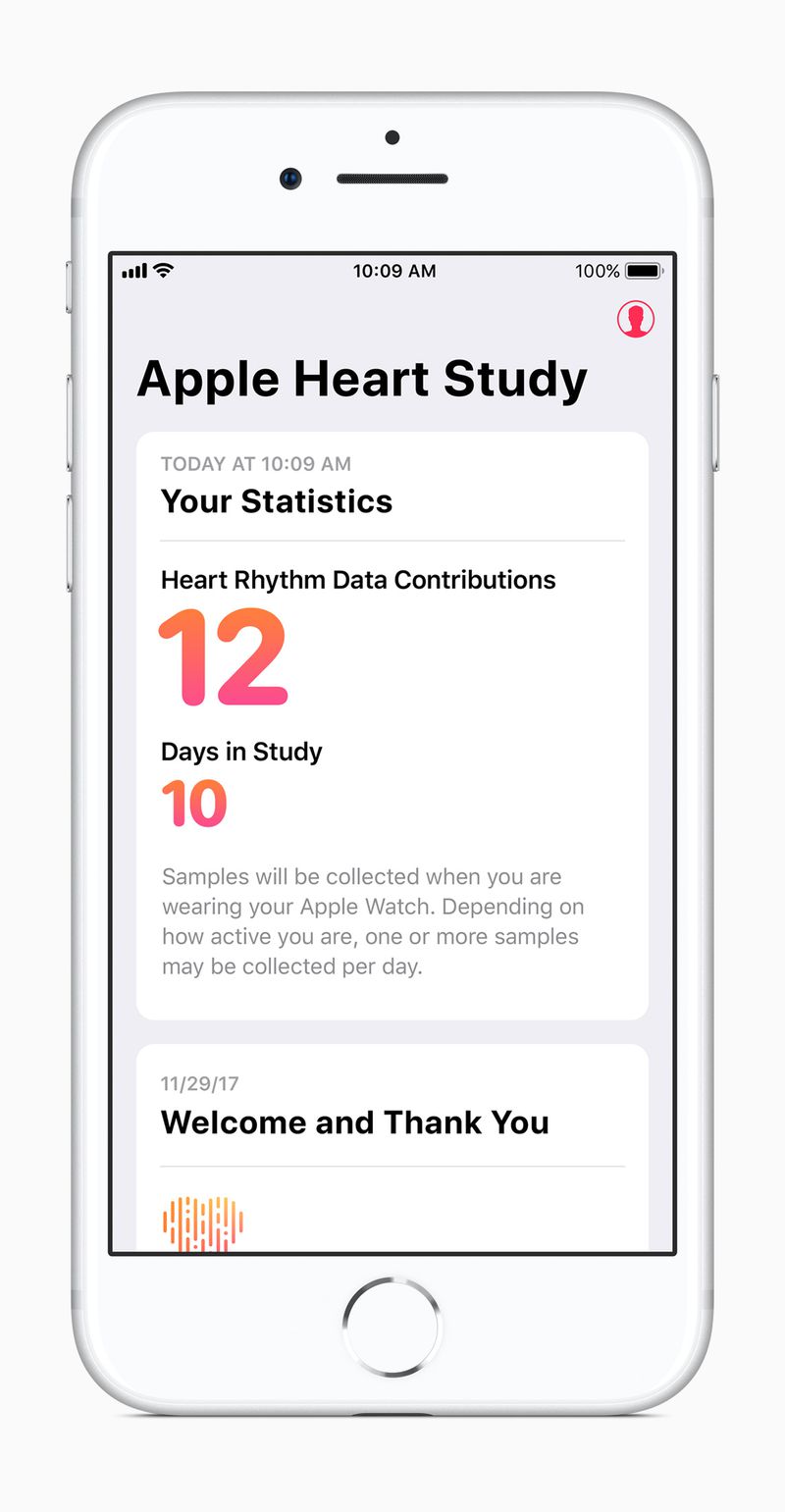Apple Heart Study Launches Cardiac Irregularities through Smart Watches
Your Apple watch might save your life!
The iPhone maker has now undertaken a new initiative, or rather, a study to look at potential arrhythmias in wearers of its Apple Watch, with the help of the Apple Heart Study App launched Thursday- which will collect data on your heart rhythms using the Watch, and send you a notification if you may be experiencing atrial fibrillation (AFib).
While others have used Apple’s software and devices in medical studies, this is the first time that it’s actually sponsored one itself. The move is another sign that Apple is moving deeper into the health space.
“Working alongside the medical community, not only can we inform people of certain health conditions, we also hope to advance discoveries in heart science,” said Apple chief operating officer Jeff Williams, in a statement.

AFib is the most common type of irregular heartbeat and can lead to heart failure or even stroke if left unchecked. The condition affects an estimated 3 million Americans (though some think those numbers may be higher) and approximately 33.5 million people around the world (or .5 percent of the world’s population).
Though the Watch can’t diagnose any conditions just yet, it is perfectly positioned to detect an irregular heart beat and alert those with a serious condition who may want to check it out further with a medical professional.
The Watch’s sensor calculates heart rate and rhythm using green LED lights that flash hundreds of times per second. Light-sensitive photodiodes detect how much blood is flowing through the wrist. The sensor then collects signals from four points on the wrist, and, combined with software algorithms, the Watch can isolate heart rhythms from other “noise.” Using this method, the Apple Heart Study app can identify an irregular heart rhythm.
Apple is partnering with Stanford Medicine to conduct the research.
Apple and Stanford will also aggregate the data the watch collects for macro-level insight on the Apple Watch’s effectiveness as a medical tool. In the past year, Stanford has funded a number of studies on digital health, and the use of the Apple Watch in multiple areas of medicine. Stanford will use the study to further evaluate the effectiveness of the Apple Watch as a tool of proactive health care.
Previously, Apple Watch users could add products like the FDA-approved Kardia Band to their device to provide EKG readings and possibly detect heart conditions like AFib. The new study takes all of this a step further: Now Apple itself will be running a study and submitting data to the Food and Drug Administration.

To participate in the study, you can download the Apple Heart Study app. You must be 22 years or older and have an Apple Watch. If an AFib is detected, users will receive a push notification, as well as a free consultation with a doctor that’s a part of the study and an electrocardiogram patch for further monitoring of the condition.
Apple has long touted the Apple Watch as much more than a simple wearable for tracking your steps or receiving notifications from your phone. Back in 2014, the company launched the HealthKit platform and Health app with a view toward collecting health metrics such as blood pressure, heart rate, and stats on diet and exercise. A year later, Apple announced ResearchKit for medical researchers, which — in conjunction with the Apple Watch, particularly — opens up new avenues for carrying out health studies at scale.
“Every week, we receive incredible customer letters about how Apple Watch has affected their lives, including learning that they have AFib,” said Apple COO Jeff Williams. “These stories inspire us, and we’re determined to do more to help people understand their health. Working alongside the medical community, not only can we inform people of certain health conditions, we also hope to advance discoveries in heart science.”
“Through the Apple Heart Study, Stanford Medicine faculty will explore how technology like Apple Watch’s heart rate sensor can help usher in a new era of proactive health care central to our Precision Health approach,” said Lloyd Minor, Dean of Stanford University School of Medicine. “We’re excited to work with Apple on this breakthrough heart study.”























